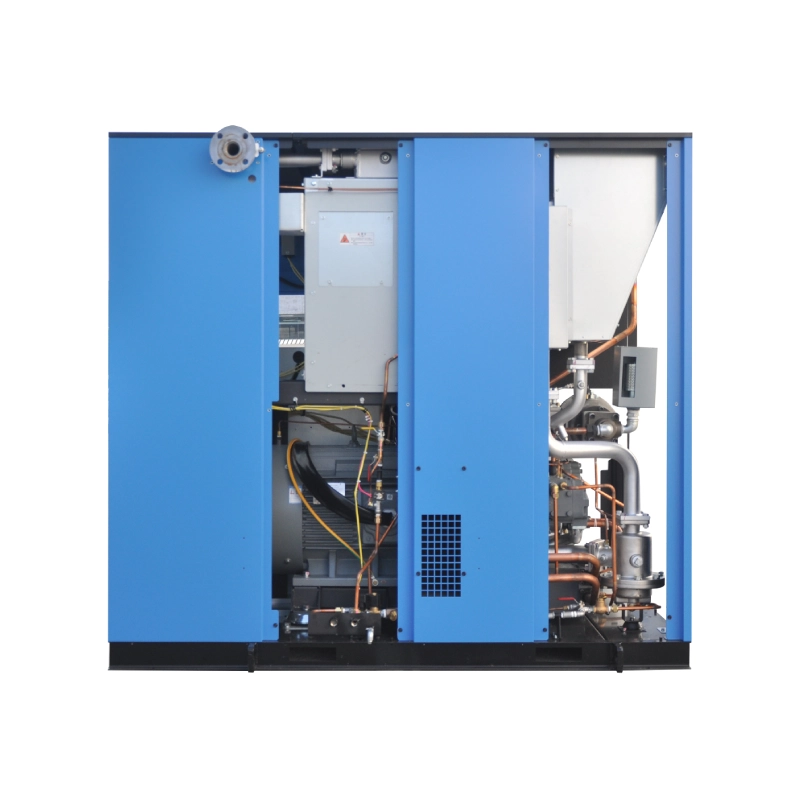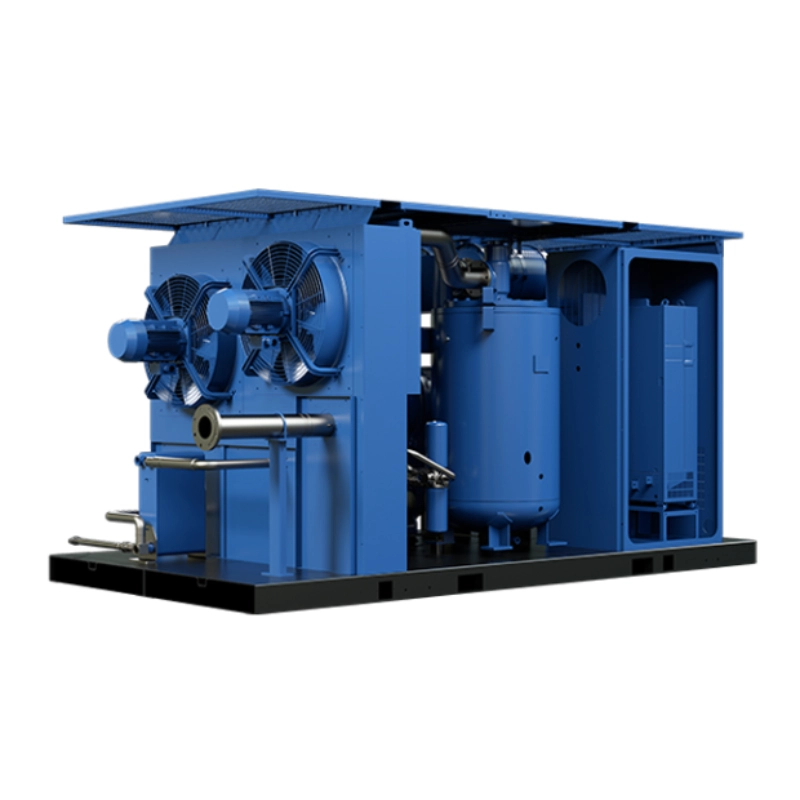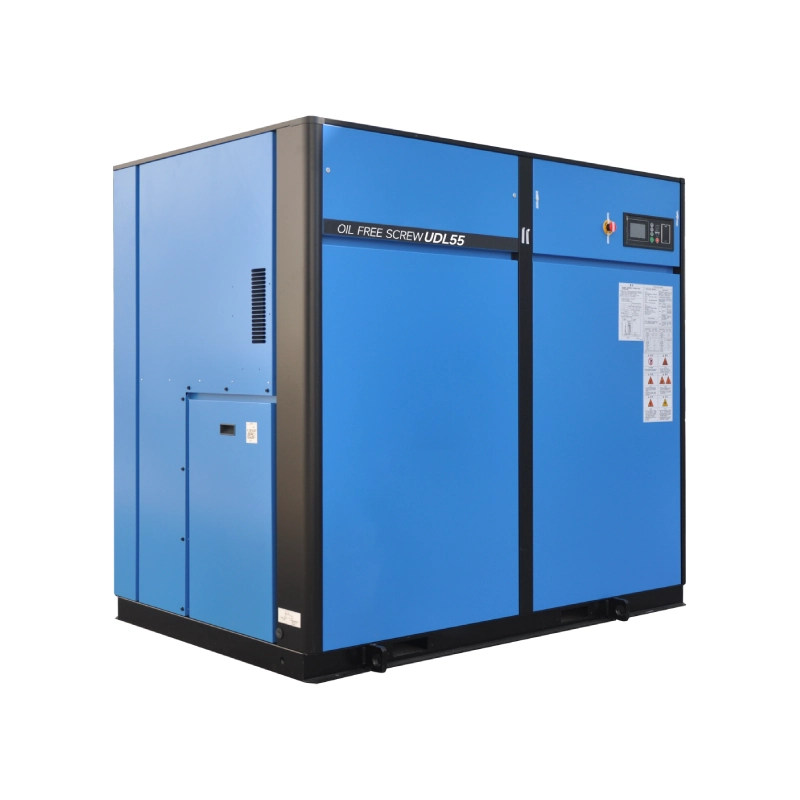How to Choose the Right Air Compressor: 5 Simple Questions
Release time: 2025-06-21
Selecting the right air compressor can feel overwhelming, but it doesn’t have to be! Whether you’re a homeowner, a DIY enthusiast, or a professional, knowing what to look for can make all the difference. Use these five questions to help guide your decision and choose an air compressor that meets your needs.
1. What will you use the air compressor for?
The type of work you’ll be doing plays a big role in choosing the right air compressor. Are you using it for light-duty tasks like inflating tires and powering small tools? Or are you tackling more demanding tasks, such as spray painting or running heavy-duty equipment?
- For light tasks: A smaller, portable compressor with lower power might be enough.
- For heavy tasks: You’ll need a larger, more powerful compressor with higher PSI and CFM ratings.
Tip: Make sure the compressor matches the requirements of your tools to ensure smooth operation.
2. What is your required air pressure (PSI)?
Air pressure, measured in PSI (Pounds per Square Inch), is an essential factor when choosing an air compressor. Each tool you use has a PSI requirement, so check the specifications of your equipment.
- For light tasks: Most tools work well with compressors that offer 70-90 PSI.
- For heavy-duty tasks: Look for a compressor that can provide 120 PSI or higher.
Tip: Make sure the compressor you choose can meet or exceed the PSI requirement of your tools.
3. What is your required air flow (CFM)?
Air flow is another crucial factor. It’s measured in Cubic Feet per Minute (CFM), and it tells you how much air the compressor can deliver to your tools. Different tools require different amounts of CFM:
- Small tools: Need around 2-3 CFM.
- Larger tools: Can require 10 CFM or more.
Tip: Always check the CFM requirements of your tools and ensure the compressor provides enough airflow to avoid performance issues.
4. Do you need a portable or stationary compressor?
Think about how you’ll be using the compressor. Will you need to move it around, or will it stay in one place?
- Portable compressors: These are lightweight and easy to transport, making them great for smaller tasks, DIY projects, and home use.
- Stationary compressors: These are larger, more powerful, and perfect for commercial use or larger work areas.
Tip: Choose a portable compressor if you need flexibility or a stationary one if you require more power for long-term use.
5. What power source is best for you?
Air compressors run on different power sources, each with its own advantages.
- Electric compressors: These are quiet, easy to maintain, and perfect for indoor use.
- Gas-powered compressors: These are great for outdoor use and large jobs since they don’t require an electrical outlet.
- Diesel-powered compressors: Typically used for industrial settings where high power is needed.
Tip: Choose an electric compressor for indoor, quieter work, and a gas-powered one if you need portability or work outdoors.
Conclusion
Choosing the right air compressor doesn’t have to be complicated. By answering these five simple questions, you’ll know exactly what to look for. Whether you’re inflating tires, painting, or powering heavy equipment, understanding your needs and choosing the right specifications will make your job easier.
Still unsure about which compressor to choose? Our team of experts is here to help you select the best air compressor for your specific needs. Contact us today for personalized advice!



